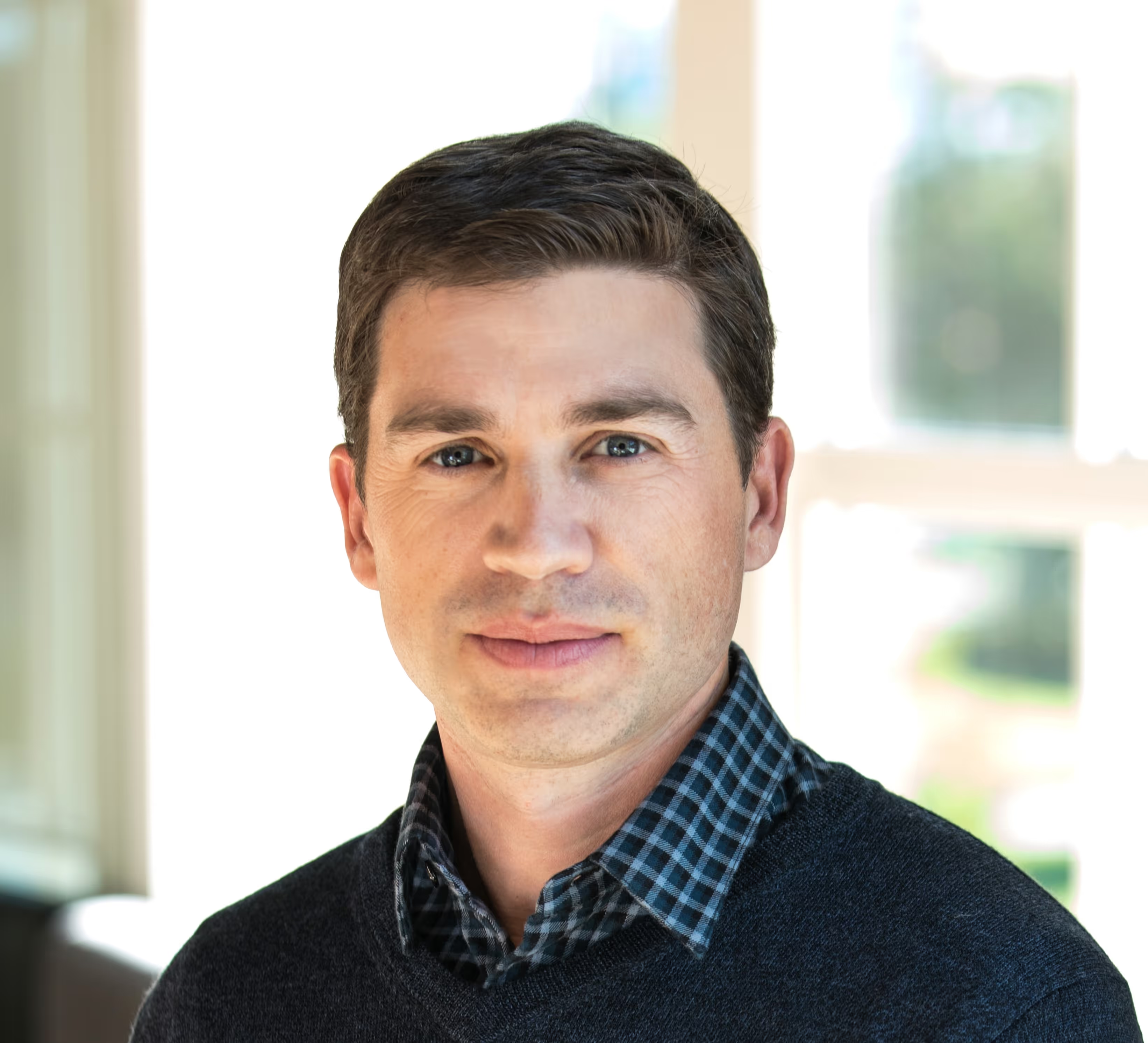My first meeting with Ryan Mundy was memorable. In the first five minutes, it was immediately clear that he was an unstoppable force, hiding a fearless intensity behind a gentle smile and even kinder humility. In listening to his story as a world-class athlete, it was easy to create an impression of grit and tenacity that was likely to underpin anything he put his sights on. But what struck me most was an anecdote featuring his family that was at the same time deeply personal and profoundly ubiquitous. Stories about his family sounded like stories about my grandfather, my cousins, and broadly, members of my expanded community.
As an investor, you are often challenged with the following: In what ways can you identify opportunities to serve an audience to which you do not belong? And how can you avoid treating yourself like the sample? My exchange with Ryan broke all those rules. As a Black man, I felt seen. I immediately realized that Ryan was on the mission to create that feeling for an entire community of people who have felt failed by our current healthcare system.
The Issue
Statistically, the Black population in the United States is at outsized risk for the vast majority of chronic diseases and health disparities. Compared to non-Hispanic Whites, African Americans are:
- 2x more likely to die from heart disease
- 2x more likely to be diagnosed with Alzheimer’s / Dementia
- 1.7x more likely to feel the burdens of stress
- 1.6x more likely to be diabetic
- 1.5x more likely to have high blood pressure
Despite the fact that African Americans are living longer, quality of life has continued its decline, with new analysis revealing that younger African Americans are living with or dying from conditions typically found in White Americans at older ages. Moreover, these diseases and causes of death are often due to economic and social conditions more common among Blacks than Whites.
The hard reality we have to face is that there are still cultural barriers to care, and our nation has yet to create a comprehensive and coordinated approach to patient care that is culturally sensitive and competent.
Introducing Alkeme
Alkeme is a new healthcare and wellness system. With its dedicated focus on Black affinity, Alkeme intends to empower the Black community to take agency over its health outcomes, starting with mental health as one of the community’s more pressing needs. The platform features a catalog of live-stream and on-demand content consisting of mental wellbeing techniques, guided meditation sessions, and practices hosted by mental health practitioners trained to meet the unique needs of Alkeme’s Black audience.
Over time, the business will expand into a fuller suite of healthcare services to supplant the cultural shortcomings of more traditional healthcare practices.
The Evolution of Healthcare
Alkeme sits at the intersection of a few key trends currently forging the evolution of healthcare and wellness.
Reorganization around specific groups of people. The traditional model of healthcare was structured in siloes, in which each practice (e.g., nutrition, primary care, mental health, etc.) existed separately from the next. Painting your healthcare plan as a consumer/patient meant creating a roster of practitioners with limited interoperability and exchange of resources and data. The healthcare system is slowly transitioning to platform-based health designed to offer comprehensives services organized around specific demographic groups. For example, Hims, Hers, Roman, Tia, Modern Fertility (acquired by Roman), and Papa were all designed with specific audiences in mind.
Mounting concern around mental health. Nearly 1 in 5 adults suffer from serious psychological distress. The increase in mental unease affects all populations including both the most disadvantaged and most powerful members of society. Mental and behavioral disorders are among the leading causes of disability in the US, accounting for ~14% of all years of life lost to disability and premature death. Within the Black community, mental health has reached a tipping point, with raised awareness and newly sparked conversation. Mental health advocates like Naomi Osaka and Kid Cudi have recently emerged, furthering the destigmatization of the mental health movement in the black community and beyond.
The shift from reactive to proactive care. Everyone exists along the spectrum of ill and well with regards to their mental health. One’s approach to seeking help exists within the range of proactive or reactive, with a strong correlation between wellness and proactivity. As a result, consumers are increasingly taking matters of health into their own hands, leaning into technology and digital services to support them along their journey. COVID-19 catalyzed the movement further, and rapid growth in telehealth utilization—38x higher than before the pandemic—signals a fundamental paradigm shift.
The Path Forward
With these past few years came continued exposure to pervasive racial traumas and stressors. The consequences of mental illness in minorities may be long-lasting and the lack of cultural understanding by healthcare providers may contribute to underdiagnosis and/or misdiagnosis of mental illness in people from racially/ethnically diverse populations.
Alkeme is on the path to dramatically change that narrative, building a system that not only prioritizes but celebrates the nearly 45 million Black people in America. In the past few months, Ryan has quietly assembled an incredible team of purpose-driven operators uniquely connected to this vision for Alkeme. The next chapter will orient around leveraging proprietary data and research designed to nurture not just the mind, but the body and soul of Black Americans. Mental health is only the beginning, and we at Forerunner couldn’t be more inspired to be a part of this journey.



.avif)


